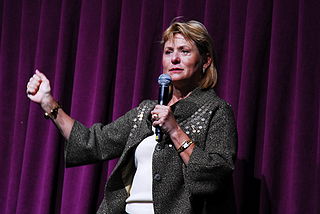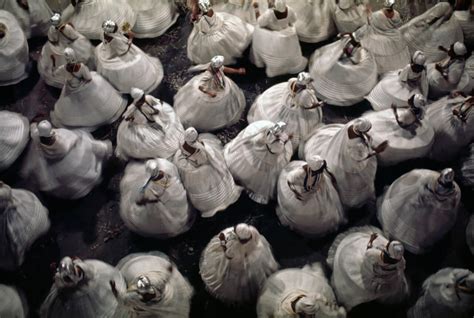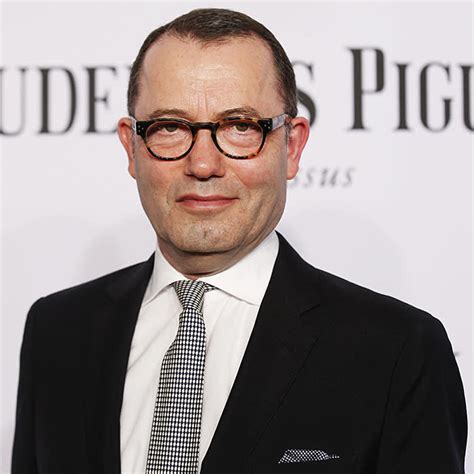A Quote by Gene Luen Yang
As somebody who's kind of a technophile, I'm interested in how traditional and digital publishing connect. Maybe ten years ago they were seen as antagonists, but now they complement each other. There's data that shows digital sales actually drive print sales. And even the ways in which pictures and words, text and image, interact - we're seeing these books that are very hard to categorize. All of that is very exciting to me.
Quote Topics
Actually
Books
Categorize
Complement
Connect
Data
Digital
Drive
Each
Even
Exciting
Hard
How
Image
Interact
Interested
Kind
Maybe
Me
Now
Other
Pictures
Pictures And Words
Print
Publishing
Sales
Seeing
Seen
Shows
Somebody
Ten
Ten Years
Ten Years Ago
Text
Traditional
Very
Ways
Were
Which
Words
Years
Years Ago
Related Quotes
It's fashionable to use terms like 'sales funnels' to describe the sales process for many companies, and it is true that the funnel design is very appropriate for the digital world, but despite all the prose written on sales funnels and the like, my question is still the same - when do you close your sales, and how long does that take?
Print is still responsible for a significant portion of the revenues that, you know, pay for the work of the newsroom. But, you know, digital is very important. And part of the thrill of having this job now is I get to lead us through what is both a thrilling and very challenging transition from a print world to a digital world.
Especially with a magazine like Lampoon, which was very dependent on newsstand sales. Our readers didn't usually occupy the same address long enough to get a subscription, because they were in college, or they were hippies. So it was very up-and-down, and we had to calculate how many to print, which was always sort of a headache from a business point of view.
You know how some people are upwardly mobile? I'm sort of downwardly mobile in the publishing world, because of my sales figures and also because of the kind of books I write. Everything really counts on sales. I started out with a bigger press, my first few books. But I've always done some things with independent and small presses and small magazines and I always will.
I think that's so particularly exciting about this moment in time is all the new platforms that are now existing, the Netflixes and the Hulus and Amazons and so and so forth; I mean they are really doing what pay TV was doing twenty years ago. So a show like Dancing On The Edge gets to have a digital life after it's playing on Starz. I think what's exciting is how these new platforms are providing more opportunities both for first-run programming on the one hand but also for second plays for shows that have appeared first either on traditional broadcast or on cable.
God forbid that the United Kingdom should take a lead and introduce a sensible tax system of its own which would probably comprise a very low level of corporation tax - tax on corporate profits - and perhaps a low level of corporate sales tax, because sales are where they are, and sales in this country are sales here, which we can tax here.







































